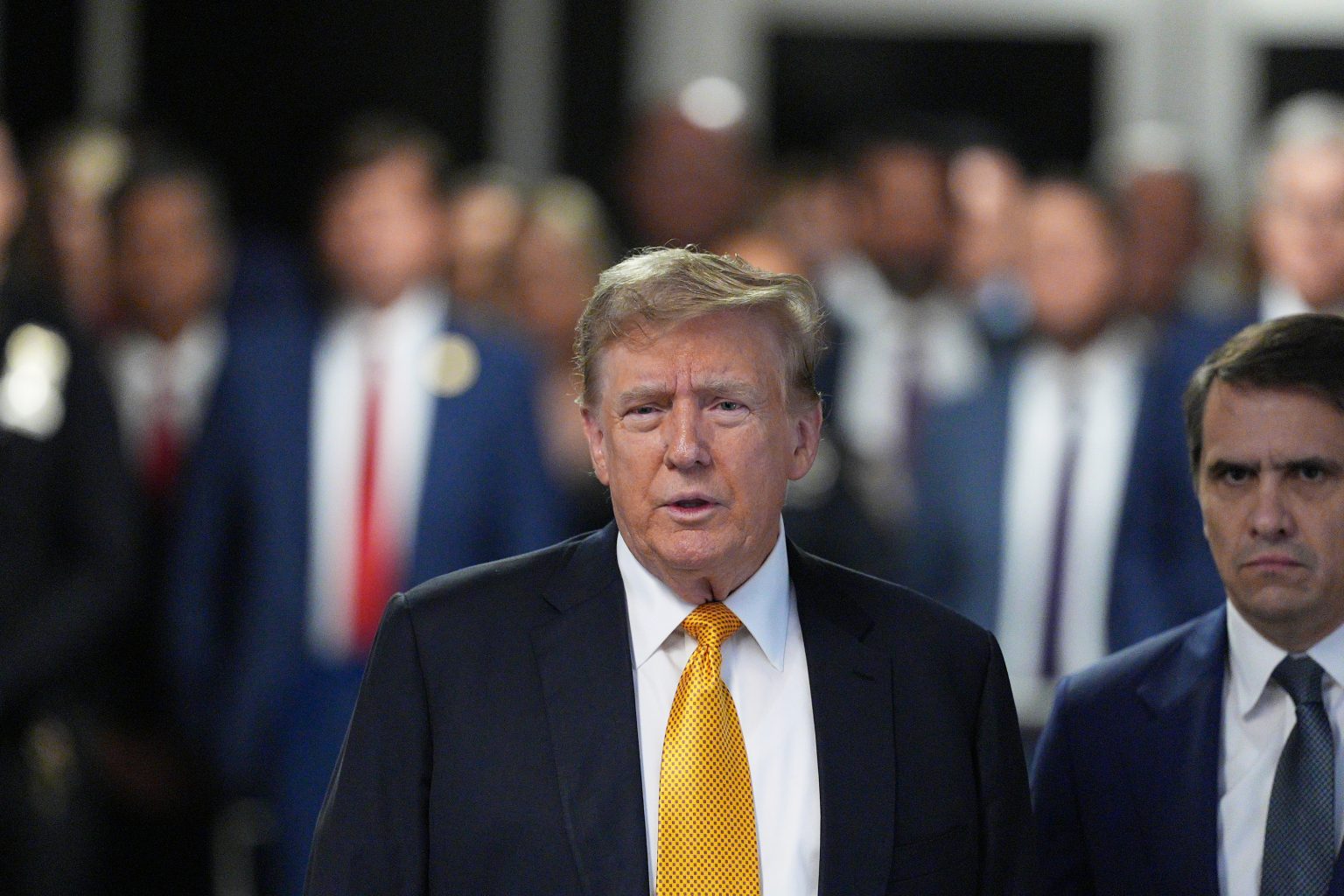Donald Trump recently posted a video on his Truth Social account containing the phrase “unified reich,” raising concerns due to its association with Nazi Germany’s Third Reich. While Trump’s campaign press secretary initially claimed the video was created by a random account online and reposted by a staff member who did not see the word, questions were raised about who actually has access to Trump’s social media account. Some critics pointed out that Trump himself mentioned in a speech that only he and his political adviser, Dan Scavino, have access to his Truth Social account, contradicting the earlier explanation provided by the campaign spokesperson.
The video in question features mock newspaper headlines indicating increased industrial strength in a “unified reich” if Trump wins the 2024 election. While there is no overt reference to Nazi Germany in the video, concerns have been raised about the potential connotations of using this phrase, especially considering the history of the Third Reich and its genocide of six million Jews. Some have interpreted Trump’s use of the term as a signal of his intentions if he regains power, with one commentator suggesting it reflects an extreme vision of chaos, division, and violence.
President Biden’s campaign expressed concern over the video, likening it to “parroting Mein Kampf,” Adolf Hitler’s autobiographical manifesto that contains antisemitic and genocidal passages. The spokesperson for the Biden-Harris 2024 campaign warned against dismissing Trump’s rhetoric as mere posturing, emphasizing the seriousness of the language used in the video. The video’s content, combined with Trump’s past statements and actions, has led some critics to believe that he is hinting at a desire to rule as a dictator over a unified reich if he were to regain power in the future.
The controversy surrounding the video underscores the ongoing polarization in American politics and the challenges of interpreting political messaging in the digital age. As social media platforms become increasingly influential in shaping public discourse, the lines between official campaign messaging, personal statements, and outside content blur, making it difficult to ascertain the true intent behind certain communications. In this case, the use of a historically loaded term like “unified reich” in a video shared by a former president raises questions about the boundaries of acceptable political discourse and the potential consequences of using inflammatory language.
The situation also highlights the role of social media in disseminating political messaging and the challenges of managing digital platforms effectively. With the rise of alternative social media sites like Truth Social, political figures have greater control over the content they share, but this also means they bear greater responsibility for the messages they broadcast. The incident involving Trump’s video serves as a cautionary tale about the power of social media to amplify and distort political messaging, and the need for accountability and transparency in the digital realm. Ultimately, the controversy surrounding the “unified reich” video serves as a reminder of the importance of critical thinking and media literacy in the digital age.








